taking a stand for the farmers who raise sheep
1. Use an alternative to wool
“Stop exploiting animals for human profit. Use an alternative.”
Knit Pickers PEI’s response: There is no better alternative than wool. It is a renewable resource. Most alternatives are petroleum based - awful for the environment because it remains in landfill forever whereas wool is compostable. When we wash alternative fabrics such as microfibers or polyester, particles too small to be captured by our waste water treatment facilities enter our waterways. Fish eat these particles and they believe themselves to be full, even though they are only full of plastic. They starve to death! Animals who eat these fish also end up with plastic in their bodies. Cotton requires massive amounts of water and is usually grown using heavy doses of pesticides that also poisons our ecosystem. Wool is flame resistant. In case of a fire, flames will self-extinguish on wool whereas alternative fibres will melt and give off poisonous gasses. (Photo courtesy of Campaign for Wool – Canada)
“Humans are an inventive species. I'm sure we can come up with another product that's similar and environmentally friendly. There's no need to enslave other creatures for a piece of fabric.”
Knit Pickers PEI’s response: Wool is a gift we have been given directly from Mother Nature! Until such time that we inventive humans create fabric that wicks away moisture, keeps you both cool and warm, is environmentally friendly, is a renewable resource, is fire retardant and is compostable, I will stick with wool. (Photo courtesy of Fleece & Harmony)
“Sheep have been selectively bred by humans to grow more wool than they can keep without it eventually harming them. This means that yes, they have to be sheared. It doesn't mean their wool has to be sold, or that these animals have to be farmed, bred, or treated like slaves.
Many sheep farms also breed and sell lambs or sheep for slaughter, or send them to slaughter when they get older. This one I doubt is any different.”
Knit Pickers PEI’s response: Sheep need to be shorn or they cannot survive - the weight of their wool will eventually cripple them. Shearing sheep causes no pain and, in fact, can be quite relaxing for them.
The other benefit to the earth when humans raise sheep is that these flocks improve the quality of the soil. In California, in areas where there is so much dead and decaying vegetation that contributes to dangerous brush fires, researchers have brought in flocks of sheep to graze. Not only did the sheep help clear up this dead and decaying vegetation, their "fertilizer" added nutrients to the soil. By getting rid of the old vegetation, it allowed new, healthy vegetation to grow. The land was rejuvenated! This is nature working together as it should to help heal our earth.
“I will still be choosing not to buy wool because of the reasons I stated above. Choosing to support animal slavery to me is worse than the environmental cons of wool alternatives. I can definitely appreciate that the farm you talk about is more humane than most other farms, but that element of exploitation is still there. The animals are still treated like property and made a profit off of.”
Knit Pickers PEI’s fear: After explaining the benefits of wool and that Canadian farmers love and care for their flocks, someone would rather continue to contribute to the pollution of our earth rather than realise that wool is Mother Nature’s gift to us, not a case of animal exploitation. I worry for our future, the future of our children and grandchildren, the future of our planet. Thankfully, a comment by Barbara Graham Ritz gave me renewed hope: “Unless vegan products are sourced specifically from organic, “no-dig” systems, they are actively participating in the destruction of soil biota, promoting a system that deprives other species, including small mammals, birds and reptiles, of the conditions for necessary for life, and significantly contributing to climate change. Indigenous peoples for centuries have developed sustainable ways of living in harmony with nature. We can and should learn from them.”
To wrap this rant up…..please do not believe the misleading pictures used in anti-wool campaigns by groups such as PETA. They are staged; the “bloody” lambs are plastic. These shocking photos and ad campaigns bring in a lot of donations from people who love animals. I too am an animal lover. Just ask anyone who knows me – ask them about the 33 feral cats we cared for, and the 6 who now live in our house because they were not thriving in their colony. I believe that you can tell an awful lot about a person by the way they treat an animal. The wool industry is not cruel. There are laws in Canada to protect the welfare of animals, including farm animals. There are certain practices that are prevalent in other countries that have been banned in Canada. That is why I choose to use and to sell Canadian wool exclusively. Please take the time to get to know your sheep farmers. Their flock is a part of their family. If you are buying wool, ask the shop keeper about the wool – its provenance. Ask about the farmers, the shepherds. I am more than happy to share this information with you. (Photo courtesy of Blomidon Farm)
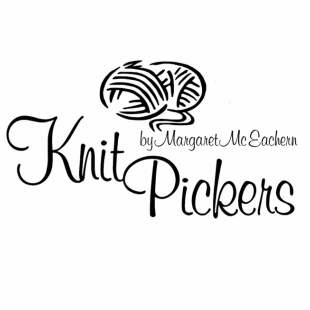
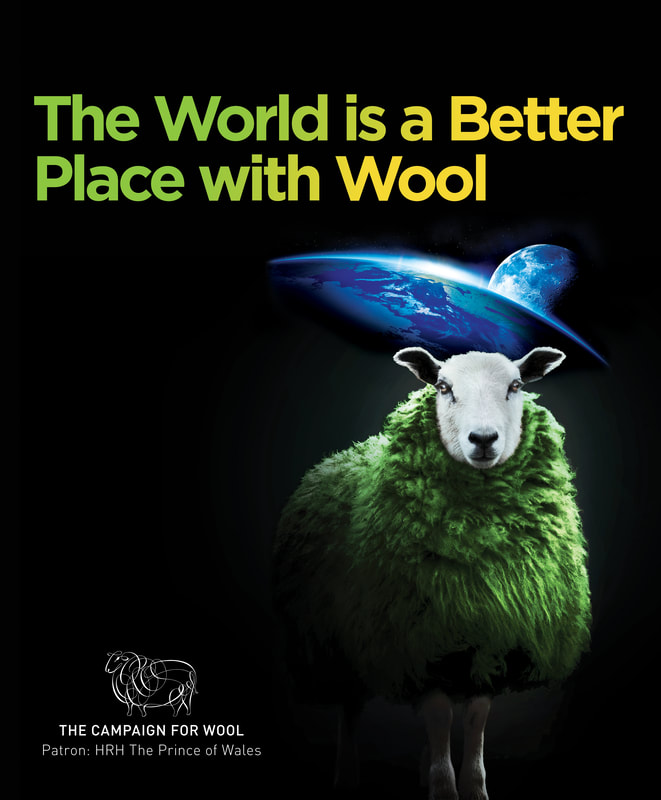
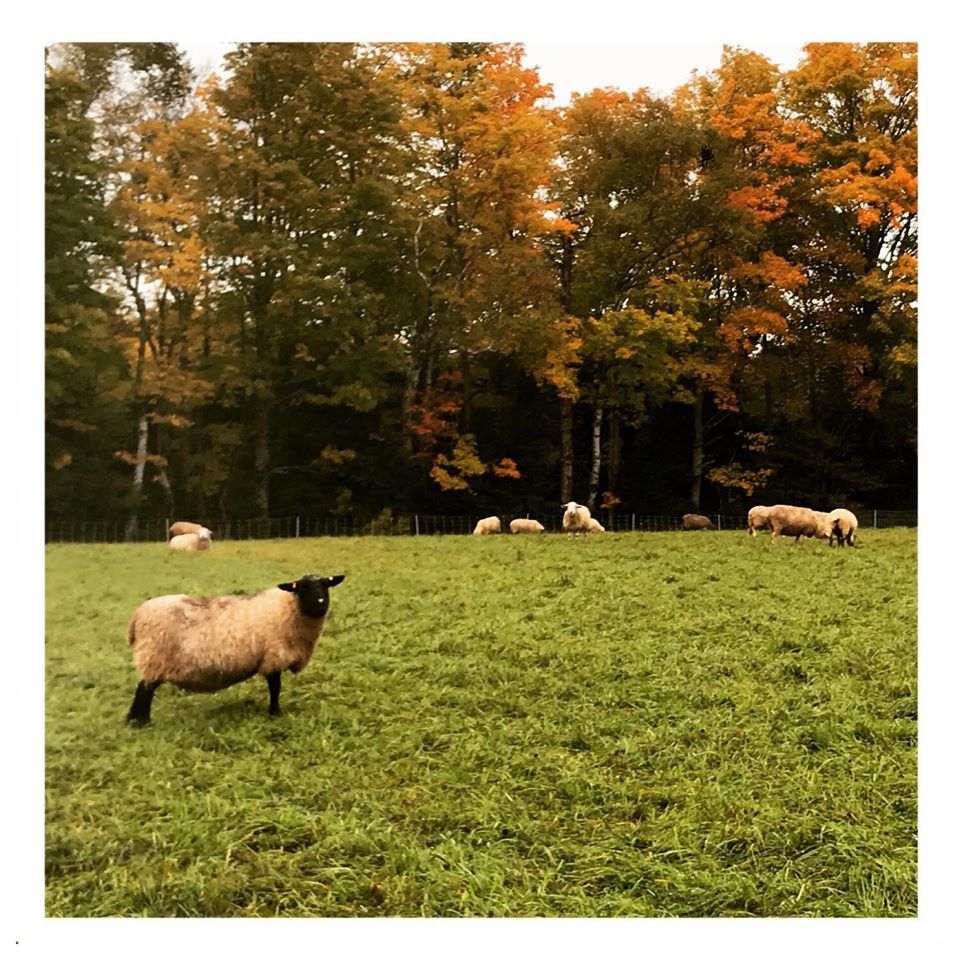
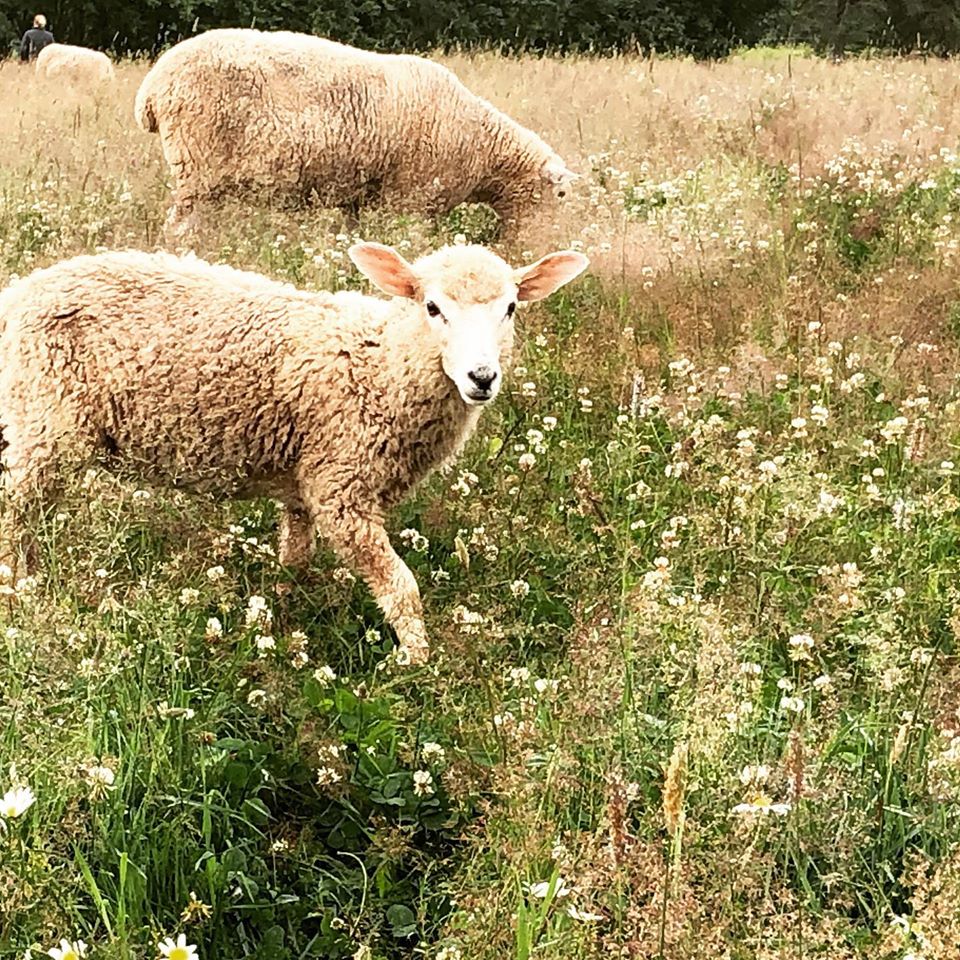
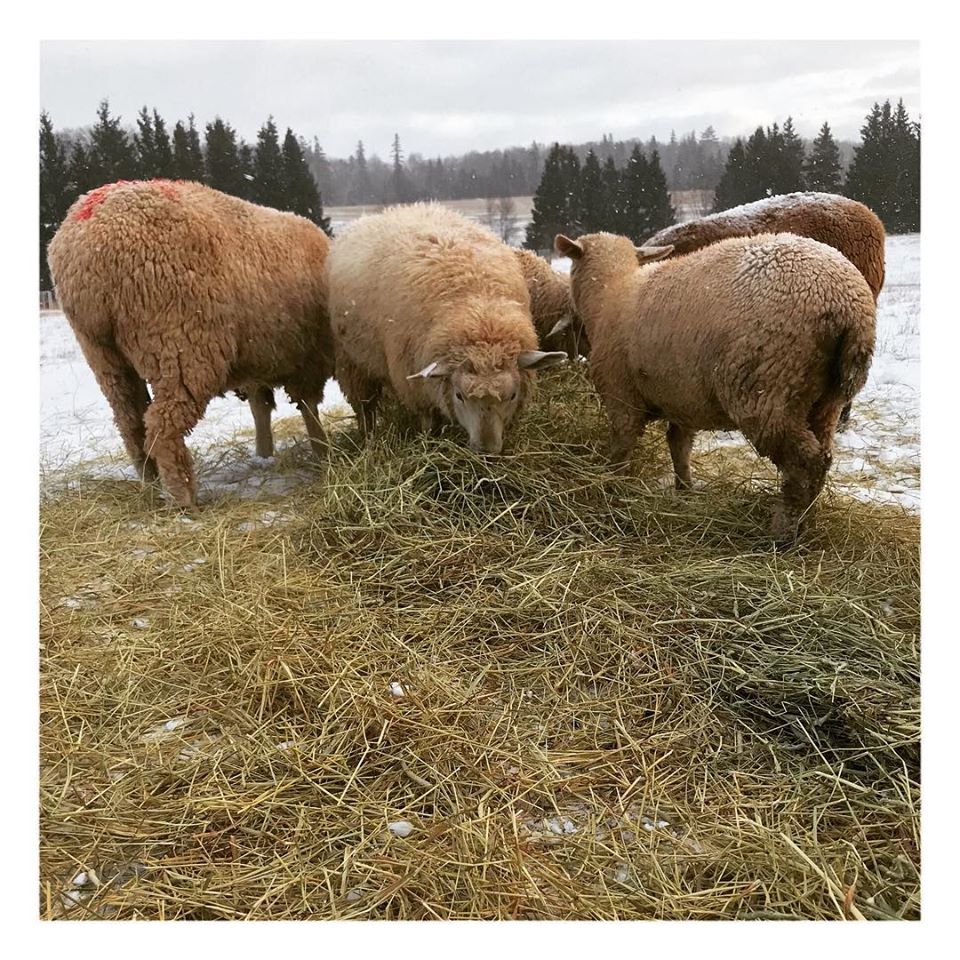
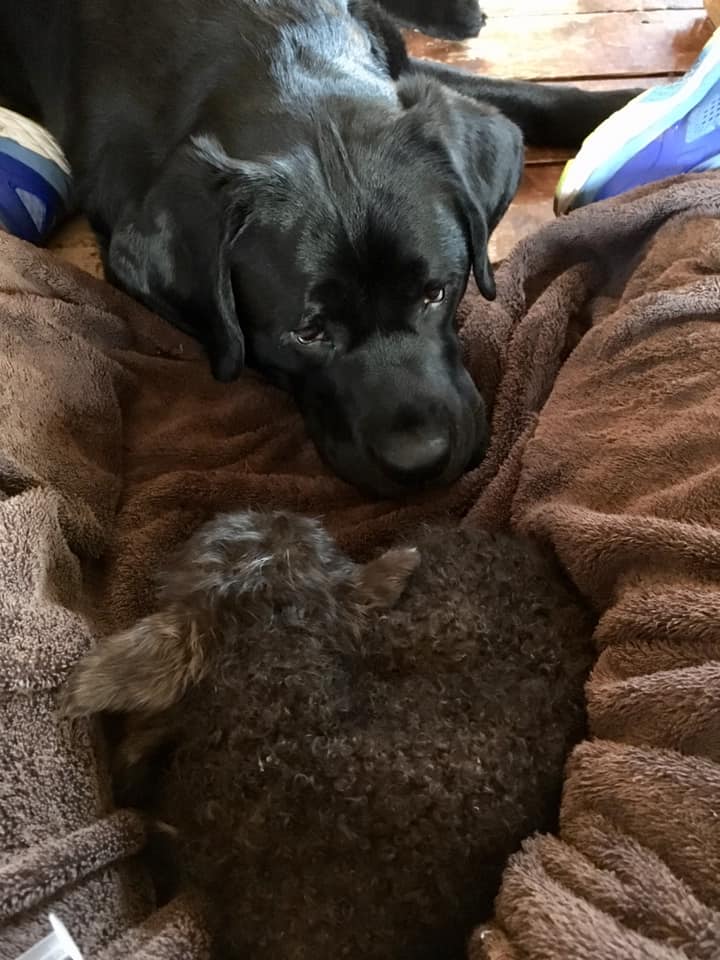
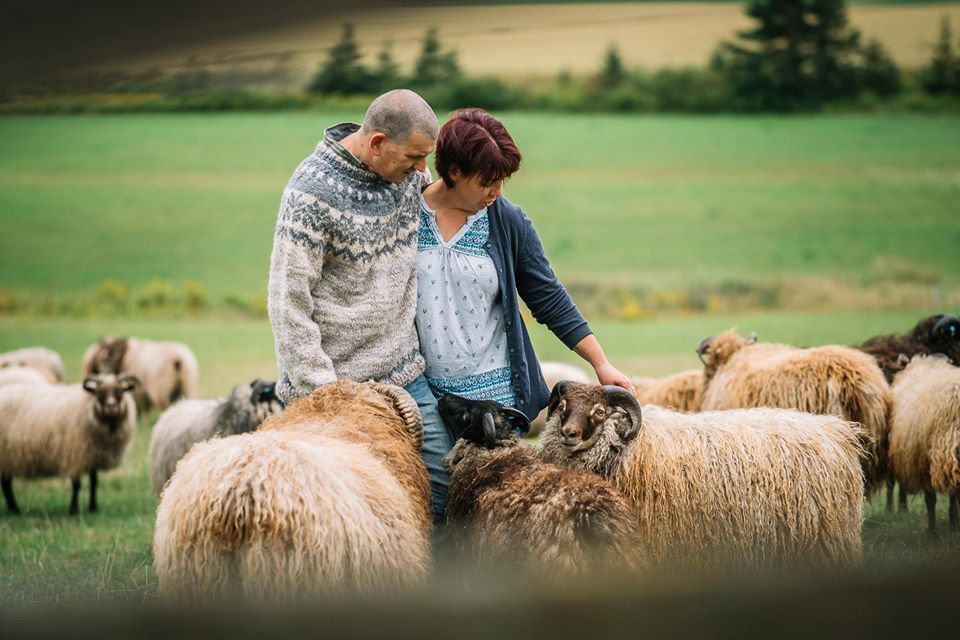
 RSS Feed
RSS Feed